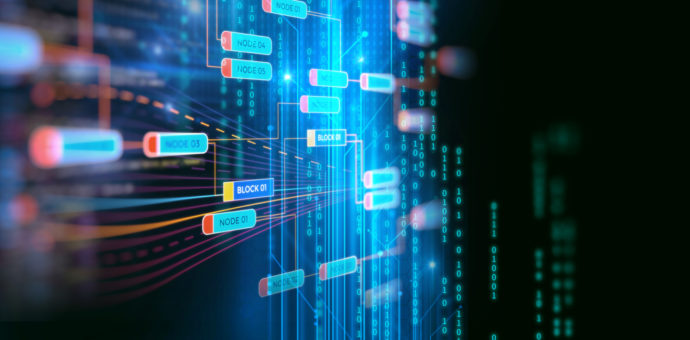Do you know what a Blockchain ID is? It is a system consisting in a blockchain that would store data in an encrypted and decentralized way. From then on, users decide whether to give access to this data to third parties – companies and governments – using cryptographic keys. And there are already several use cases for this technology and significant growth of its adoption in the public and private sectors.
At some point in its existence, the Internet has surpassed people’s ability to manage their online identities. Companies, especially big data giants, have become the new holders of our personal data. As the world enters a more data-conscious era, the blockchain gains momentum for managing citizens’ online identity.
There are already several blockchain ID use cases worldwide. And they’re usually closely connected with payments. Al Johnson, CEO and founder of blockchain identity and payments company named Nuggets, explained to Cointelegraph that in order to get the highest level of digital identity, you need to have verifiable transactions. “The best thing you can get is to have the proof of the transaction later. And when you gather the payment and identity, you get a proof of transaction probably three or four times a day”, he states.
Blockchain identity and payments create a strong digital identity through the number of checks required on the transactions of all parties involved. “When you make a payment, it is verified with the trader. It is checked with banks and many other services with which you interact. Therefore, this trend is not just a transaction, it is a multiple check at each point”, he said.
EU hosts blockchain ID innovation
Europe is home to several blockchain identification projects. Estonia and Catalonia are pioneers in this technology. Estonia’s advanced digital identification system not only identifies citizens but also enables legal travel between EU member states, national health insurance, proof of identity when logging into banks, digital signatures, voting, medical records and other uses. In Catalonia, the government launched IdentiCAT, a project that seeks to make citizens “exclusive owners” of their digital identity.







